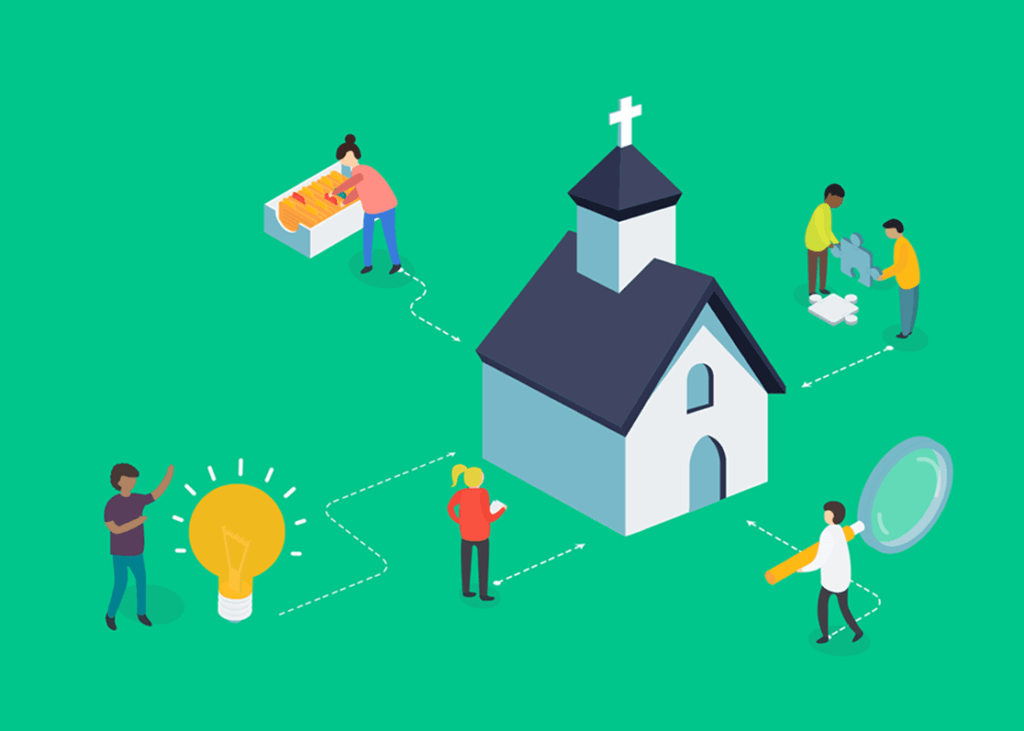Listening and Learning
Adapted from Mobilize My Church.
When your church or ministry decides to start a new outreach or program in your neighborhood or a community across town that you care about, it’s easy to think, “We know what to do.” You might want to launch a tutoring program, or a food pantry, or other ministry. You feel like you know about the issues the community is facing and there are some well-known answers to those problems, so why not go do those things?
It’s not necessarily that these programs are the wrong things to try—these might be good answers to real problems—but the process is way off!
Often, those seeking to serve a community get frustrated when community members seem uninterested in acting on their suggestions. Such helpers often conclude that community members are unmotivated and are not interested in improving their own lives. That could be the case, but a more likely possibility is that the community members simply care about—and are willing to take actions to address—different issues than those suggested by outside helpers.
What Is The Goal?
What is the work of poverty alleviation really about? We should see the end goal of poverty alleviation as intertwined with the end of God’s story of change—for people to experience human flourishing through serving as priest-rulers, using their minds, affections, wills, and bodies to enjoy loving relationships with God, self, others, and the rest of creation.
Within that, poverty alleviation involves transformation—the work of the Holy Spirit in individuals, families, and whole communities through whatever means He sees fit to use (including us!). And if we’re pursuing transformation then the people who are being transformed can’t be passive in the process. They will be growing in how they look at their situations, make decisions based on those situations, and then acting on those decisions.
So addressing poverty is about the glory of God, manifested in the lives of people in whom He is at work. It’s not (at least not primarily) about you as a “helper”—you are in need of transformation, too—so it’s important to take great care to walk with people on this journey and avoid merely doing things for them. Among other things, walking with people means that you don’t go out in front and provide all the answers and all the solutions to them!
So what do you do instead? The first thing you have to do is start listening!
Listening Well
To do this well, we have to listen intentionally—though there is a place for lots of casual conversation and letting people speak off the top of their heads or commiserate about their problems, learn to pay attention to what they think is most important. Ask good questions, and don’t rush to provide answers.
In the process, take extra care to seek out and elevate the voices of people with lived experiences of material poverty. Often, they’ve endured a lot of shame and haven’t been given opportunities to lead the ways they’re gifted to lead. Asking them what they care about is a huge step! As one woman who’s come out of a long season of deep poverty puts it: “Be a friend. Be an ear. Be a shoulder to cry on, but don’t be the person who says, ‘I know it better than you, and I can tell you better than you why you’re in poverty.’”
As you listen, you’ll probably find that there is a lot going on in the community already. You’ll see that God really is at work, and people really do have good ideas of what they want for their families and their future. You’ll start to recognize shared goals between your church or ministry and members of the community and learn about areas where you can come together to press into what God wants for you both.
This is never just about finding information for information’s sake, but it’s always about relationships, about finding out enough that you can help act on it, joining in the life of a community in real and meaningful ways that last over the long haul.
When it comes to poverty alleviation we quickly find that there is no one-size-fits-all solution. While we often want a “recipe”, what we actually need is a framework to apply within our unique context.



